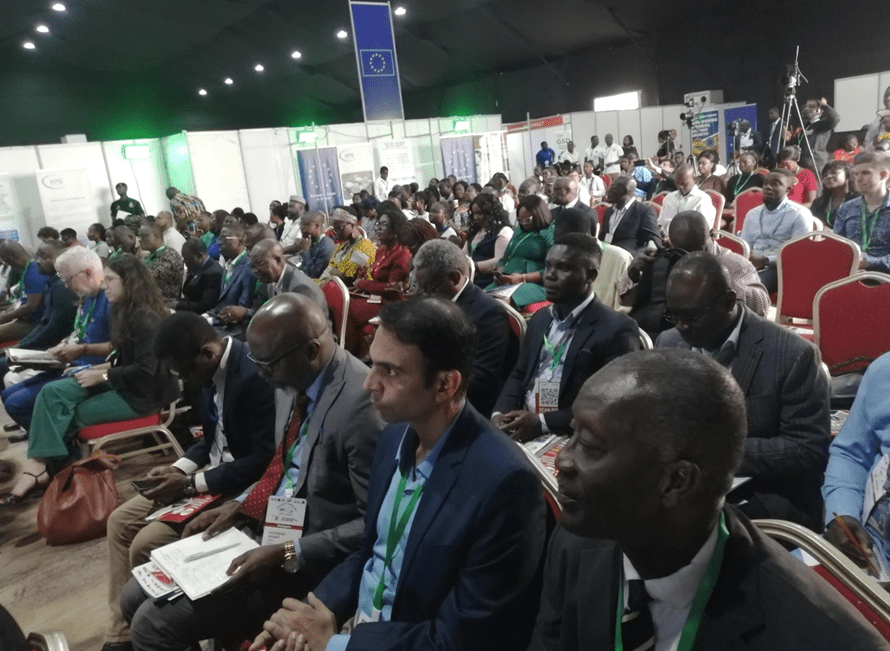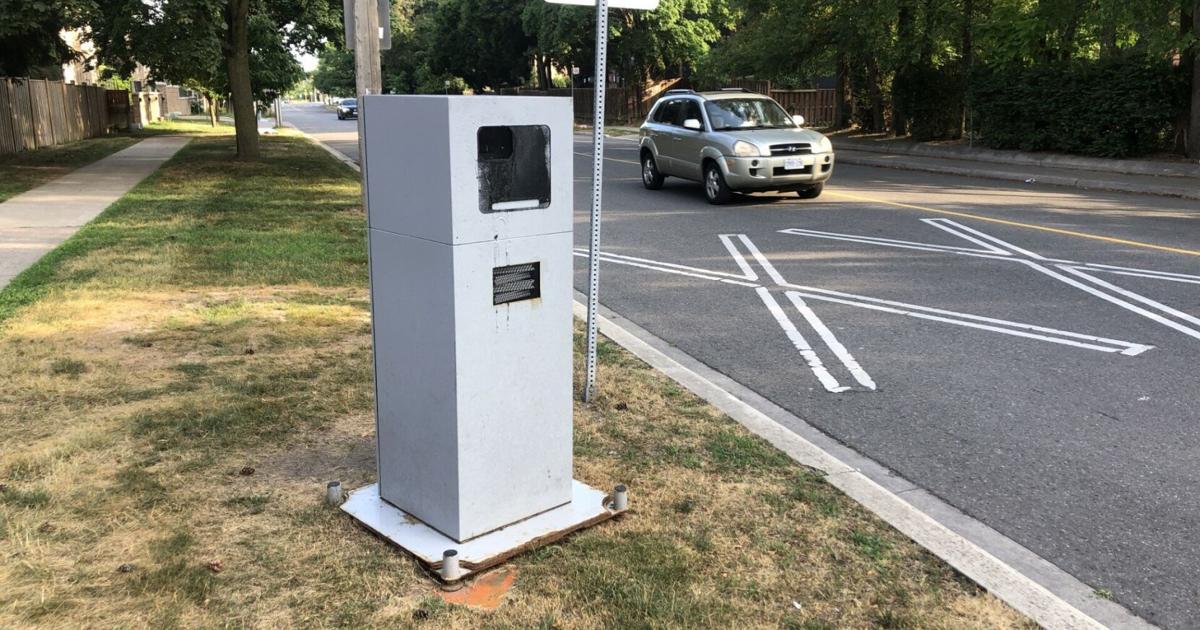By Juliet Etefe
Copyright thebftonline

By Buertey Francis BORYOR
The Association of Ghana Industries (AGI) president, Humphrey Ayim-Dake, has sounded an alarm over the growing threat of parallel imports, warning this practice is undermining the domestic manufacturing base, eroding jobs and could ultimately weaken the cedi.
Speaking at the 2025 Ghana Industrial Summit and Exhibition (GISE) opening in Accra, Mr. Ayim-Dake said the influx of cheap foreign products – often smuggled through unapproved routes and without paying requisite duties – has left local industries at a severe disadvantage.
“Imported products, including brands such as Malta Guinness and Coca-Cola, are entering the market from neighbouring states without proper regulatory checks or duties. This gives foreign goods an artificial cost advantage, while domestic producers who pay taxes and meet quality standards are left struggling,” he said.
He cautioned that, if unchecked, the trend could cripple job creation as local firms are forced to cut back production or shut down entirely. This, he explained, would not only push unemployment higher but also reduce tax revenues and foreign exchange earnings – further weakening the economy and pressuring local currency.
“Without decisive regulatory enforcement, Ghana risks losing its industrial backbone. A weakened manufacturing base means more reliance on imports, which will only worsen the trade deficit and put further strain on the cedi,” he added.
The AGI president urged Ghana Revenue Authority (GRA), Customs and other regulators to clamp down on parallel imports and protect local producers.
At the summit, which ran under the theme ‘Unlocking Industrial Potential: Strategic Approaches for Ghana’s Economic Transformation,, Mr Ayim-Dake also underscored that no nation has prospered without a strong industrial base. He said Ghana must take bold steps to harness its natural resources, human capital and strategic location to become a manufacturing hub in the sub-region.
While welcoming government’s 24-hour economy initiative, he warned that it must be backed by reliable power supply, efficient transport systems and tax incentives. “Without fair energy tariffs and adequate infrastructure investment, local industries cannot produce at competitive costs,” he said.
Mr. Ayim-Dake further raised concern about the uncontrolled export of raw rubber, which has left processors struggling to secure raw materials.
“Some factories in the Western Region have even reduced from three shifts to two because of the shortage,” he revealed, calling on the Tree Crop Development Authority to intervene.
On fiscal matters, he called for reforms to the Value Added Tax (VAT) regime – describing it as overly complex and a burden on businesses. He also urged caution over new proposals on minimum capital requirements for foreign investors – saying while foreign investment is welcome, the rules must not discourage genuine investors.
He reminded government of its promise to procure sanitary pads and school uniforms from local producers, stressing that AGI will be monitoring to ensure these contracts go to domestic firms.
Mr. Ayim-Dake pressed government to fulfil its pledge to convene a Public-Private Dialogue (PPD), with the president himself engaging directly with industry leaders to chart reforms and the way forward.
“The future of Ghana’s economy depends on building and protecting our industrial capacity. Without this, job creation, currency stability and long-term growth will remain elusive,” he concluded.



